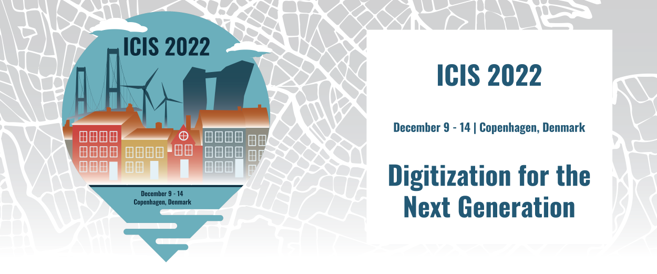Paper Number
1354
Paper Type
Complete
Description
Real-world cognitive load monitoring promises to be an essential foundation for positive adaptive information systems that foster knowledge workers’ productivity and well- being. Towards this goal, our research combines established EEG load monitoring principles with low-cost, 3D-printed headphones. This provides a means for continuous, unobtrusive, and real-time cognitive load detection. Results from two experiments document strong relationships of cognitive load reports with EEG frequency bands (Theta and Alpha), both around the ears and on top of the head. While limitations with Theta band power sensitivity are observed, Alpha band modulations are robust across sessions, task repetitions, and three tasks. Furthermore, short setup durations are found, and only minimal influences of hairstyle or glasses on setup times and load relationships. With a discussion of the remaining challenges for more naturalistic studies, this article documents the system’s future potential for load sensing during knowledge work.
Recommended Citation
Knierim, Michael Thomas; Zimny, Christian; and Seitz, Julia, "Monitoring Cognitive Load with 3D-Printed EEG Headphones" (2022). ICIS 2022 Proceedings. 9.
https://aisel.aisnet.org/icis2022/hci_robot/hci_robot/9
Monitoring Cognitive Load with 3D-Printed EEG Headphones
Real-world cognitive load monitoring promises to be an essential foundation for positive adaptive information systems that foster knowledge workers’ productivity and well- being. Towards this goal, our research combines established EEG load monitoring principles with low-cost, 3D-printed headphones. This provides a means for continuous, unobtrusive, and real-time cognitive load detection. Results from two experiments document strong relationships of cognitive load reports with EEG frequency bands (Theta and Alpha), both around the ears and on top of the head. While limitations with Theta band power sensitivity are observed, Alpha band modulations are robust across sessions, task repetitions, and three tasks. Furthermore, short setup durations are found, and only minimal influences of hairstyle or glasses on setup times and load relationships. With a discussion of the remaining challenges for more naturalistic studies, this article documents the system’s future potential for load sensing during knowledge work.
When commenting on articles, please be friendly, welcoming, respectful and abide by the AIS eLibrary Discussion Thread Code of Conduct posted here.



Comments
09-HCI